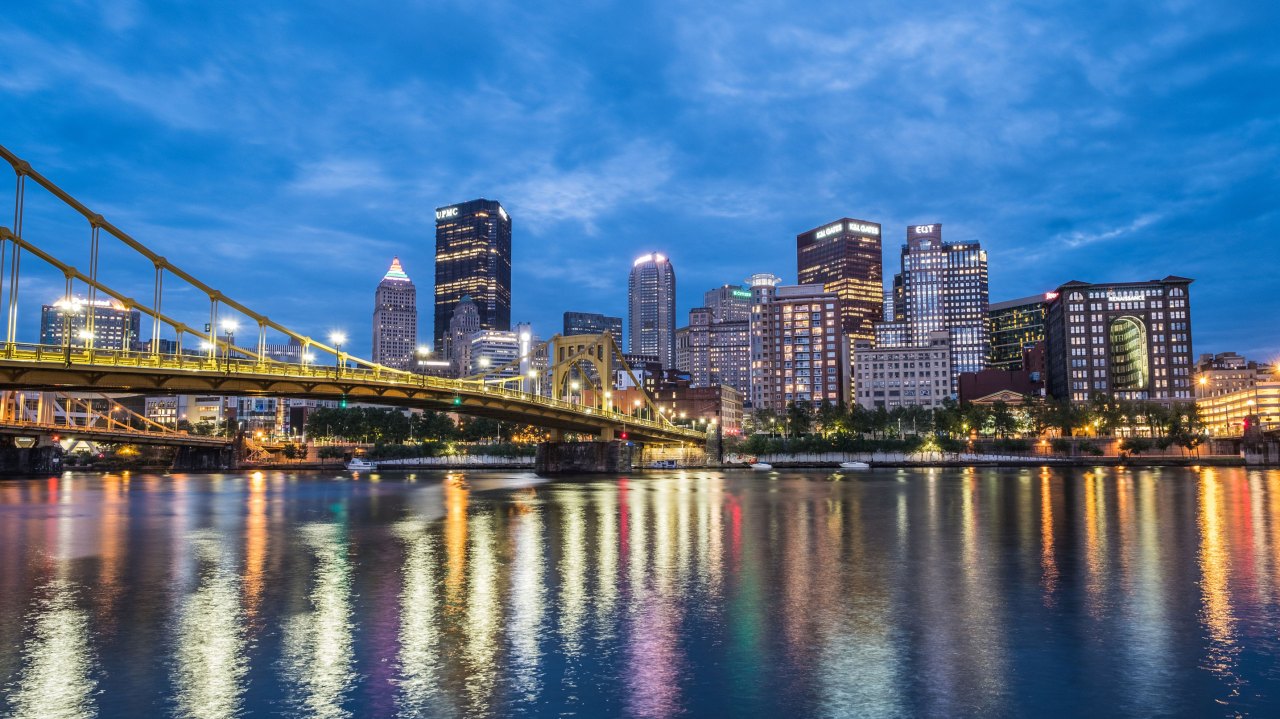The vibrant city of Pittsburgh has been undergoing a profound transformation over the past couple of decades, shedding its historical identity as a Rust Belt stronghold and emerging as a hotspot of innovation and technology. The recent appointment of former mayor Bill Peduto as a Distinguished Executive in Residence at Carnegie Mellon University (CMU) signals a commitment to further leveraging this shift. In this blog, we will delve into the interplay of technology, automation, and robotics that is setting the stage for the cities of the future, through innovative research and collaborations that drive economic growth and inspire change.
Pittsburgh: From Decline to Technological Hub
Once synonymous with steel mills and smokestacks, Pittsburgh has reinvented itself as a leader in technology and healthcare, thanks in large part to its exceptional educational institutions, notably CMU and the University of Pittsburgh. As Peduto aptly pointed out, the role of universities in rebuilding the city cannot be overstated. These institutions have been pivotal in nurturing talent and driving innovation, forming the backbone of a new economy that relies on creativity.
- Investment in Research: The synergy between Pittsburgh’s universities and the UPMC healthcare system is a testament to the community’s commitment to pioneering research in automation and robotics.
- Emerging Industries: These universities have created ecosystems where new industries blossom, drawing talent from around the world and retaining local talent.
Autonomous Vehicles: The Road Ahead
Pittsburgh was a trailblazer when it allowed Uber to test its autonomous vehicles on the city streets, making it the first city to host driverless cars. This bold step not only attracted significant investment but also helped cultivate a robust industry centered on technology innovation. Peduto’s collaborative efforts with CMU’s researchers instigated a culture of acceptance and adaptation that proved crucial during these significant shifts.
What does this mean for the future? With automation and robotics intersecting across various sectors, we can expect not only an expansion in transportation but also cross-industry applications that enhance urban life. The potential for robotic solutions to address various community challenges—from elderly care to public health—is immense.
Robotics at Work: Beyond Vehicles
Innovation is also extending into everyday tasks, with robotics playing an essential role in sectors like agriculture and healthcare. For instance, the ongoing research at MIT highlights the development of a robotic arm specifically designed to assist individuals in dressing. By employing a state estimation algorithm, the researchers are laying the groundwork for increased accessibility and independence among the elderly and differently-abled populations.
In agriculture, initiatives like those at EPFL in Switzerland emphasize the importance of robotics in harvesting delicate fruits, such as raspberries. The pressing need for efficient harvesting mechanisms showcases how technology can help sustain domestic agriculture while addressing labor shortages.
Drones: The New Delivery Frontier
Meanwhile, the utilization of drones is reshaping the logistics landscape. Recent advancements have seen companies like Wing making strides in the drone delivery space—offering health goods and groceries directly to consumers’ doorsteps. As cities like Dallas-Fort Worth adapt to these innovations, one has to wonder how drone technology will evolve to address everything from local delivery inefficiencies to emergency response scenarios.
- Healthcare Delivery: Drones are significantly reducing delivery times for essential goods, improving access to healthcare in underserved regions.
- Environmental Impact: Utilizing drones for deliveries can reduce the carbon footprint associated with traditional delivery methods.
Bridging the Gap: Technology and Community
Pittsburgh exemplifies how leveraging technology can catalyze change in both the economic landscape and societal fabric. By fostering partnerships between academia, industry, and local government, cities can more efficiently address modern challenges. Automation and robotics are not merely tools of convenience; they hold the capacity to revitalize manufacturing, redefine public infrastructure, and even reshape community dynamics.
As we look to the future, Robotics and AI will be essential for creating smart cities that thrive on innovation, accessibility, and resilience. At fxis.ai, we believe that such advancements are crucial for the future of AI, as they enable more comprehensive and effective solutions. Our team is continually exploring new methodologies to push the envelope in artificial intelligence, ensuring that our clients benefit from the latest technological innovations.
Conclusion: A New Era of Urban Innovation
The journey of Pittsburgh from a post-industrial decline to a beacon of technological hope serves as an inspiring example for cities worldwide. Through the intersection of robotics, automation, and community engagement, we are only beginning to scratch the surface of what is possible. By investing in education, embracing new technologies, and fostering collaboration, cities can thrive in the face of future challenges. To stay connected with the developments shaping this new urban landscape, we invite you to continue exploring these topics at fxis.ai.
For more insights, updates, or to collaborate on AI development projects, stay connected with fxis.ai.

